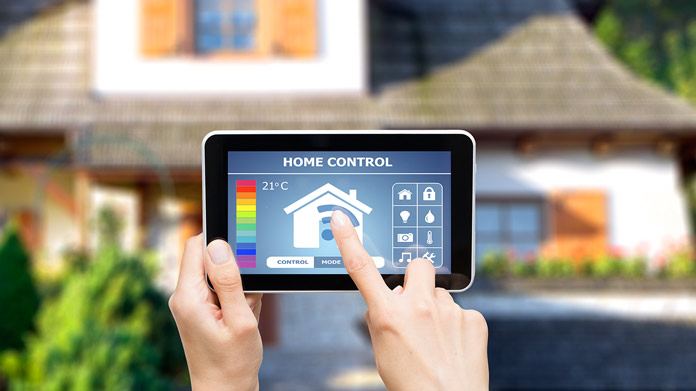Starting a smart home business is exciting. You can help people improve their lives. Smart homes are becoming popular. This guide will show you how to start.
Understanding Smart Home Technology
Smart home technology makes life easier. It includes devices like smart lights, thermostats, and security systems. These devices can be controlled from a phone or computer. They help save energy and keep homes safe.
Popular Smart Home Devices
-
Smart lights
-
Smart thermostats
-
Smart security cameras
-
Smart door locks
-
Smart speakers
Steps to Start a Smart Home Business
1. Research The Market
Start by learning about the smart home market. Find out which products are popular. Check out your competition. This will help you understand what customers want.
2. Create A Business Plan
A business plan is important. It will guide you through starting and running your business. Include details like your goals, target market, and budget.
3. Choose Your Niche
Pick a niche to focus on. This could be smart lighting, security, or energy management. Choosing a niche will help you stand out in the market.
4. Get The Necessary Certifications
Some smart home devices need certifications. Make sure you have the right qualifications. This will build trust with your customers.
5. Find Reliable Suppliers
Work with suppliers who offer quality products. This will ensure your customers are happy with their purchases.
6. Set Up Your Online Presence
Having a website is crucial. It will help customers find you. Use social media to reach more people. Share useful information about smart home technology.
7. Offer Excellent Customer Service
Great customer service is key to success. Help your customers with any questions they have. Offer support for installing and using smart home devices.
Marketing Your Smart Home Business
Use Social Media
Social media is a powerful tool. Use platforms like Facebook, Instagram, and Twitter. Share tips, product reviews, and success stories.
Start A Blog
Write a blog about smart home technology. Share your knowledge and insights. This will attract more visitors to your website.
Offer Free Workshops
Host free workshops to educate people about smart homes. Show them how the technology works. This will build trust and attract new customers.
Collaborate With Influencers
Work with influencers who have a large following. They can help promote your business and reach more people.
Managing Your Smart Home Business
Keep Up With Trends
The smart home market is always changing. Stay updated with the latest trends and technologies. This will keep your business competitive.
Track Your Finances
Keep track of your income and expenses. Use accounting software to help you. This will ensure your business stays profitable.
Listen To Customer Feedback
Pay attention to what your customers say. Use their feedback to improve your products and services.
Expand Your Offerings
As your business grows, consider adding new products. This could include smart appliances or home entertainment systems.
Frequently Asked Questions
What Is A Smart Home Business?
A smart home business involves selling and installing smart home devices and systems for residential clients.
How Do I Start A Smart Home Business?
Research the market, create a business plan, get certified, and invest in quality smart home products.
What Skills Are Needed For A Smart Home Business?
Technical knowledge, networking skills, problem-solving abilities, and good customer service are essential for a smart home business.
What Are The Initial Costs?
Initial costs include inventory, certification, marketing, and tools. Budgeting is crucial to manage these expenses effectively.
How Can I Market My Smart Home Business?
Use social media, local SEO, online ads, and partnerships with real estate agents to reach potential clients.
Conclusion
Starting a smart home business is a great opportunity. Follow these steps to get started. Remember to stay updated with the latest trends. Offer excellent customer service. With hard work and dedication, you can succeed in the smart home market.
I have been working as a freelance writer for newspapers and other websites since 2017. Most of the time, I have worked for clients in the USA, UK, Canada, and Australia. My work primarily focuses on the business, finance, and business tools category.


